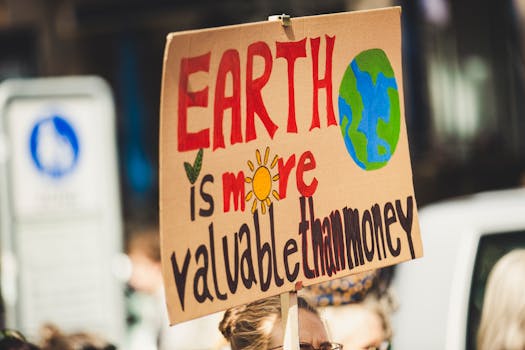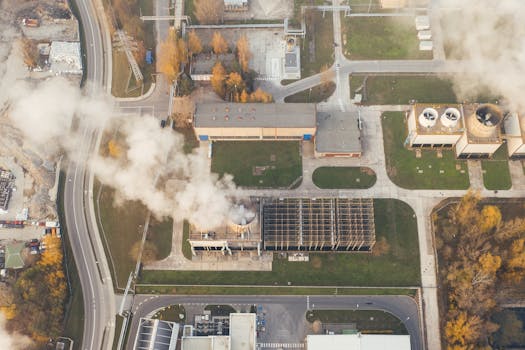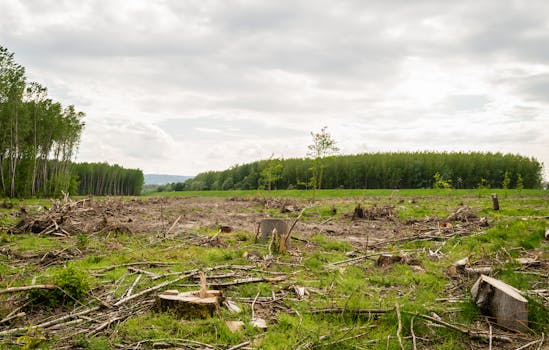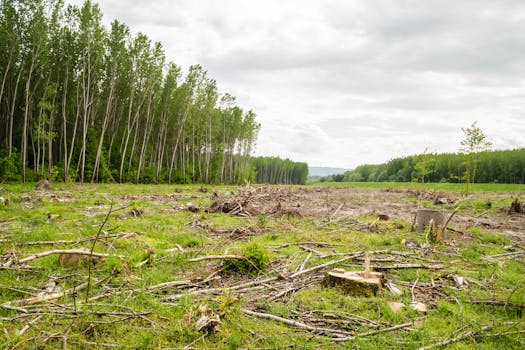
Understanding Climate Change Impacts

Climate change has become one of the most pressing issues of our time. Its impacts are felt worldwide, from rising sea levels to extreme weather events. Understanding these impacts is crucial for mitigating their effects and adapting to a rapidly changing environment.
According to the Intergovernmental Panel on Climate Change (IPCC), global temperatures have already risen by approximately 1.1 degrees Celsius since the pre-industrial era. This seemingly small increase has led to significant changes in weather patterns, with increased frequency and severity of storms, droughts, and heatwaves.
The Role of Environmental News Coverage

Environmental news coverage plays a vital role in informing the public about climate change. Journalists and media outlets are responsible for disseminating information on the latest scientific findings, policy changes, and grassroots movements aimed at combatting climate change.
However, the quality and quantity of environmental news coverage can vary significantly. Some outlets prioritize sensationalism over accuracy, while others may underreport critical issues due to lack of resources. This inconsistency can lead to public misinformation and apathy, making it essential for consumers to seek out credible sources.
Recent Climate Change Events

In recent years, we have witnessed numerous climate-related events that underscore the urgency of the situation. For instance, the devastating wildfires in Australia and California have highlighted how climate change exacerbates natural disasters. Additionally, the increasing frequency of hurricanes has raised concerns about coastal communities and their preparedness.
These events not only have immediate impacts on the environment but also long-term consequences for economies and public health. Understanding these connections is essential for fostering a proactive approach to climate change.
Advocacy and Community Engagement

Community engagement is crucial in addressing climate change. Grassroots movements, local organizations, and citizen advocacy groups play a pivotal role in raising awareness and influencing policy changes. They often bring attention to local issues that may be overlooked by larger media outlets.
Participating in community clean-up events, attending town hall meetings, and engaging with local representatives are all effective ways for individuals to make their voices heard. Empowering communities with knowledge and resources can lead to meaningful change.
The Path Forward

Moving forward, it is vital for both individuals and institutions to prioritize climate change in their agendas. Governments must implement policies that promote sustainability, while businesses should innovate to reduce their carbon footprints.
Furthermore, consumers can play a significant role by supporting environmentally-friendly practices and staying informed about the latest developments in climate science. Together, through informed action and continuous advocacy, we can work towards a more sustainable future.






